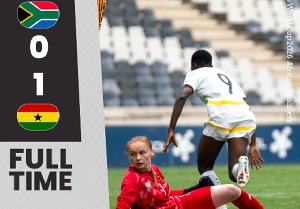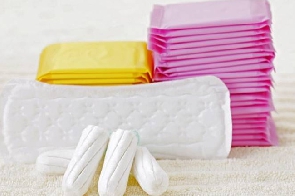Prof John Asafu-Adjaye, a visiting fellow at the Institute of Economic Affairs (IEA), has stated that a reciprocal trade agreement with the European Union (EU) is likely to have an adverse effect on ECOWAS countries, including Ghana.
Prof Asafu-Adjaye, who was making a presentation at a roundtable conference yesterday in Accra on implications of Government’s endorsement of the Economic Partnership Agreements (EPAs) on Ghana’s economic growth, said while households would experience welfare gains from the reduced import prices, most industries would suffer severe contractions.
Questioning how the trade with the EU was going to be done, he stressed: “Should we go into the EPAs without improving our competitiveness, the Europeans would win. How can the Europeans come and put up their factories here while there is no power and water and the cost of doing business is high?”
According to him, part of the EPAs include assistance from the EU to improve Ghana’s infrastructure, adding that though the Europeans promised to help in that regard since 2007, they have not fulfilled their promise.
The visiting fellow added that Ghana’s trade standards were low and therefore needed an upgrade.
Seth Adjei Baah, president of the Ghana National of Chamber of Commerce & Industry (GNCCI), said “They want to try and create employment for their people. Other than that all the raw materials are here. Why don’t they come here with their technology to do production here and export? For me, it’s a big challenge for Ghana signing the EPAs and I have always been saying it. The structures are just not there. What are we producing zero?
“Now we have problems and huge interests that we are paying, and there is no electricity and water while the cost of doing business and everything is high. If we allow them to export here, we are going to break the foundation of our production. All the businesses here are going to collapse.
“Secondly, if we look at the tax exemption, we are not just going to lose the taxes from Europe, we are going to lose all other taxes from other parts of the world. We will end up invoicing everything from Europe and Government will lose every revenue. So we should look at it realistically.”
Touching on the assertion that the cedi’s devaluation to some extent worked to Ghana’s advantage, he said that would have been the case if we were seriously exporting? If we are not exporting anything and about 85 percent of everything we use is imported, then what are we talking about?
Eva Lokko, a former Director General of Ghana Broadcasting Corporation (GBC), opined that the local industry was definitely going to die with the type of EPA that Ghana was looking to.
“What will happen to the young farmers, where are they going to sell their produce? We have to be in a situation where we have some sort of control. We currently have no control. We have to do the terms so the EU can come and do the negotiation. The EU has something to gain and so it has to come and negotiate.
“When we talk about products going outside, they set the parameters, we don’t. We don’t have control of the parameters and yet we have signed up. Now how are we going to beat the competition.
According to her, Ghana is not competitive, there are no plans to become competitive. We are not encouraging local industry. We are not encouraging innovation from our youth and then we walk into the EPAs and think that once we are there things would work to our advantage.
“If you talk about competitiveness, we need to achieve that before we talk about EPAs? But now we have walked into it already and we are going to ask our competitors to come and help us compete with them. It doesn’t work that way.”
Business News of Wednesday, 25 February 2015
Source: Daily Guide













